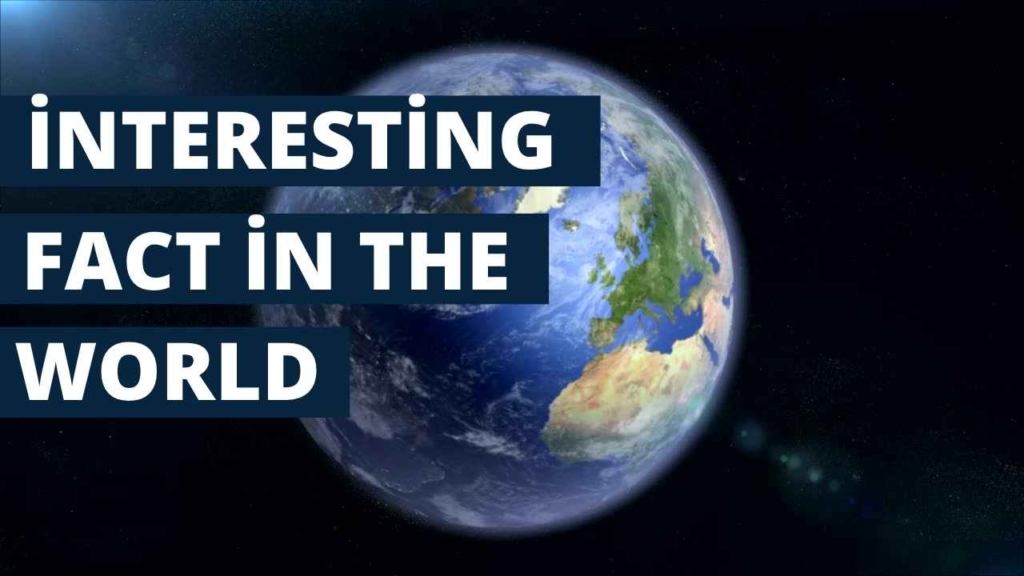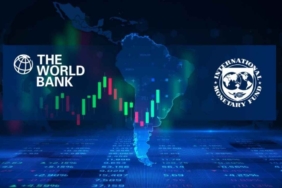In an era where global economic stability is paramount, understanding the roles and impact of the World Bank is essential. Established to provide financial and technical assistance to developing countries, the World Bank plays a crucial role in reducing poverty and promoting sustainable economic growth.
Who is the World Bank?
The World Bank is an international financial institution that offers loans and grants to the governments of poorer countries for the purpose of pursuing capital projects. It comprises two institutions: the International Bank for Reconstruction and Development (IBRD) and the International Development Association (IDA).
What are the Roles of the World Bank?
The primary roles of the World Bank include:
- Providing Financial Resources: The bank provides loans to fund various projects aimed at economic development.
- Technical Expertise: It offers technical assistance to help countries implement effective policies.
- Capacity Building: The World Bank works to strengthen the capabilities of governments and institutions.
- Data and Research: It conducts extensive research and provides comprehensive data on global development.
Where does the World Bank Operate?
The World Bank operates in over 100 developing countries, focusing on regions such as Africa, Asia, Latin America, and the Middle East. Its projects tackle various challenges, including infrastructure, education, health, and environmental sustainability.
When was the World Bank Established?
The World Bank was established in 1944 at the Bretton Woods Conference, initially aimed at rebuilding Europe following the Second World War. Over the years, its mission has evolved to encompass global poverty reduction and sustainable development.
Why is the World Bank Important?
The significance of the World Bank lies in its mission to eradicate poverty and improve living standards in developing nations. By providing necessary financial and technical support, it helps countries foster economic growth, which in turn contributes to global stability and prosperity.
How Does the World Bank Impact Global Development?
The impact of the World Bank on global development can be seen in various initiatives:
| Project Type | Impact |
|---|---|
| Infrastructure Development | Enhanced connectivity and access to services. |
| Health Initiatives | Improved healthcare access and outcomes. |
| Education Programs | Increased literacy rates and educational access. |
| Environmental Sustainability | Promotion of renewable energy projects. |
Conclusion: A Critical Institution for Global Economics
In summary, the World Bank is a pivotal institution in the global economic landscape. Its roles in providing financial resources, technical expertise, and capacity building are vital for developing nations. The institution’s commitment to eradicating poverty and promoting sustainable growth showcases its enduring importance in a rapidly changing world.














